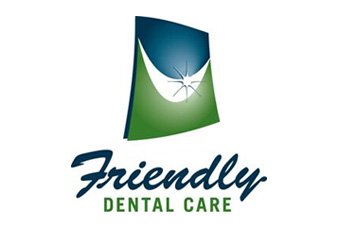Although a sleep study is needed to accurately diagnose sleep apnea, there are symptoms that can signal that your sleep is interrupted throughout the night.
Snoring – People snore for many reasons, but this coupled with other symptoms may be an indicator that you are suffering from sleep apnea.
Fatigue – You feel tired although you thought you had a full night’s sleep or you often awaken with a headache.
Distracted – You have difficulty concentrating or feel depressed, but you don’t know why.
If you suspect you might be suffering from this sleep dysfunction, a good place to start to find relief may be with your dentist. There are a variety of treatments that might work, but oral appliance therapy has been proven to be one of the most effective options available.
With an oral appliance, your dentist will customize a mouthpiece specifically for your needs. It works by supporting the jaw in a forward position to help keep the airway open. This solution is often recommended to treat mild sleep apnea.
In addition, your dentist may suggest sleeping on your side or losing a few pounds if you are overweight. Many patients make the mistake of taking sleep medications or turning to a cocktail or glass of wine before bed to try to relax. But ironically, relaxation is what is causing excess tissues in the throat to collapse.
Many patients may not recognize their symptoms as sleep apnea, but this condition is not to be taken lightly. Left untreated, sleep apnea can lead to high blood pressure, heart ailments, stroke, or even death.
Restful sleep is often difficult due to everyday external complications; do not allow sleep apnea to keep you from a good night’s sleep when relief may be as easy as a visit with your dentist. Contact our team at Friendly Dental Care for a consultation regarding symptoms you are experiencing.
